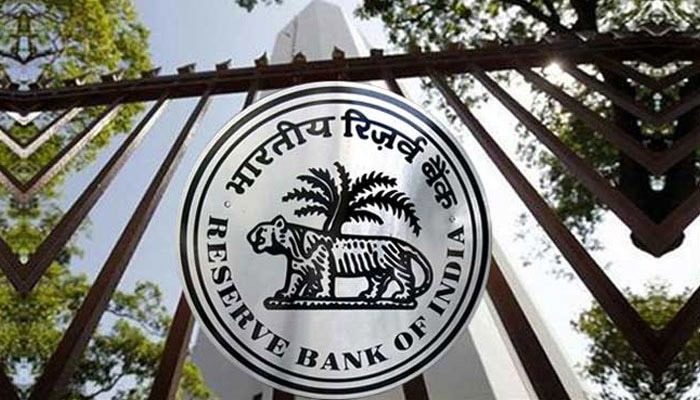The Reserve Bank of India (RBI) released a draft paper on the Securitisation of Stressed Assets (SSA) framework, creating one more alternative for lenders to resolve loans. It has set out a few questions for stakeholders to deliberate in the draft paper of SSA and send responses by 28 February 2023.
Securitisation involves pooling loans and selling them to special-purpose entities so that lenders get upfront liquidity on the assets it has originated. Currently, securitisation is allowed only in the case of a standard asset, while lenders have to rely significantly on Asset Reconstruction Companies (ARCs) for bad assets.
The draft paper states that the main difference between the securitisation of stressed and standard assets relates to a lower cash flow degree from the underlying pool of stressed assets. The involvement of a third-party expert entity or resolution managers and their roles in resolving underlying assets is also a differentiating feature.
The paper also discusses including large corporate and retail loans under the SSA framework. Some participants favoured including retail assets in the discussion held by the RBI since they reduce the complexities involved in structuring such transactions and have predictable cash flows.
In the case of large corporate loans having uncertain cash flows, delays in the decision-making by the creditors’ committee lead to deterioration in the value of underlying, and the representation of the resolution manager is limited to a part of the entire creditors.
The RBI also suggested a floor on the underlying loan value or limit on the loans that can be included as underlying assets. It discussed the necessity to bring the resolution manager and special-purpose entity into the regulatory ambit of RBI rules.
For any clarifications/feedback on the topic, please contact the writer at mayashree.acharya@cleartax.in

I am an Advocate by profession. I interpret laws and put them in simple words. I love to explore and try new things in life.





